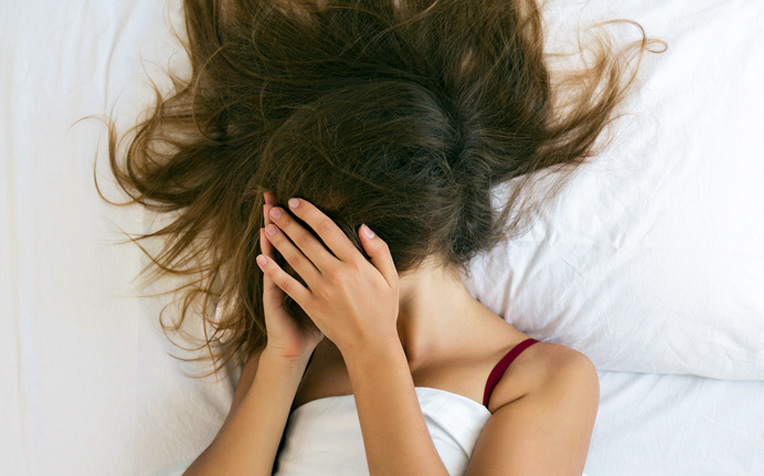
Feeling anxious (especially during the COVID-19 pandemic) is absolutely normal but what happens when the fretting and fear gets out of control? When is it time to seek help?
"The term 'anxiety disorders' refers to a range of mental conditions characterised by fearfulness, worry and uncertainty which interfere with the person’s life," explains
Associate Professor Leslie Lim, Senior Consultant from the
Department of Psychiatry at
Singapore General Hospital (SGH), a member of the
SingHealth group.
Conditions that fall in the category of anxiety disorders include:
1. Generalised anxiety disorder (GAD)
Those with generalised anxiety disorder (GAD) worry excessively about health, money, family or work even if there is no reasonable cause. Symptoms include:
Being anxious
Easily startled or having difficulty relaxing
Difficulty in concentrating and
Trouble falling asleep
In addition to the above-mentioned symptoms, attacks are usually accompanied by headaches, muscle tension, irritability, sweating and fatigue.
Read more: Work stress-busters - 8 Effective tips
2. Obsessive compulsive disorder (OCD)
OCD is characterised by:
Obsession: Persistent and intrusive thoughts and impulses which are resisted at the cost of mounting anxiety.
Compulsion: Repeated actions that are performed in reaction to obsessions and in accordance with the sufferer’s rules.
3. Panic disorder
Panic disorder is characterised by sudden attacks of fear, usually accompanied by breathlessness, a choking sensation, shortness of breath, a pounding heart and fears of losing control or going crazy.
It can occur anytime, even while watching television or sleeping, and typically lasts about 10-20 minutes each time.
Read more:
OCD (obsessive complusive disorder) - Is the cause psychological or biological?
4. Social phobia (or social anxiety disorder)
Those with social phobia are excessively anxious and self-conscious in everyday social situations. They fear being watched and judged by others, and may be overly worried for days or weeks before a social event.
Symptoms include profuse sweating, trembling, nausea and blushing.
5. Post-traumatic stress disorder (PTSD)
This condition usually afflicts survivors of natural disasters, war veterans as well as victims of assault, rape and accidents or even to an observer, such as someone who watched a loved one being harmed.
Sufferers are easily startled, emotionally numbed, irritable or aggressive and experience frequent flashbacks.
6. Specific phobias
Phobias arouse an intense and irrational fear of something that may not actually be dangerous, such as animals, heights, thunder and enclosed spaces (agoraphobia).
For people with phobias, sometimes just thinking about the trigger is enough to bring on a panic attack.
How to tell if you need help for your anxiety
"In its mild form, an anxiety disorder will not affect normal life. For example, a person with a job will still be able to perform daily work although he or she may be less productive than usual,” explains Associate Professor Lim.
Only severe forms of anxiety disorders can disrupt daily activities, making it impossible for the sufferer to function normally. "If the anxiety is disruptive, you should consult a doctor," he adds.
“Your doctor will take some blood tests to rule out physical issues like hyperthyroidism, as well as use a diagnostic tool like an electrocardiogram (ECG) to exclude cardiac conditions."
Read more: Eating disorders - How does it start (what to look out for)?
--
Articles on
HealthXchange.sg are meant for informational purposes only and cannot replace professional surgical, medical or health advice, examination, diagnosis or treatment. Photo courtesy of iStock.